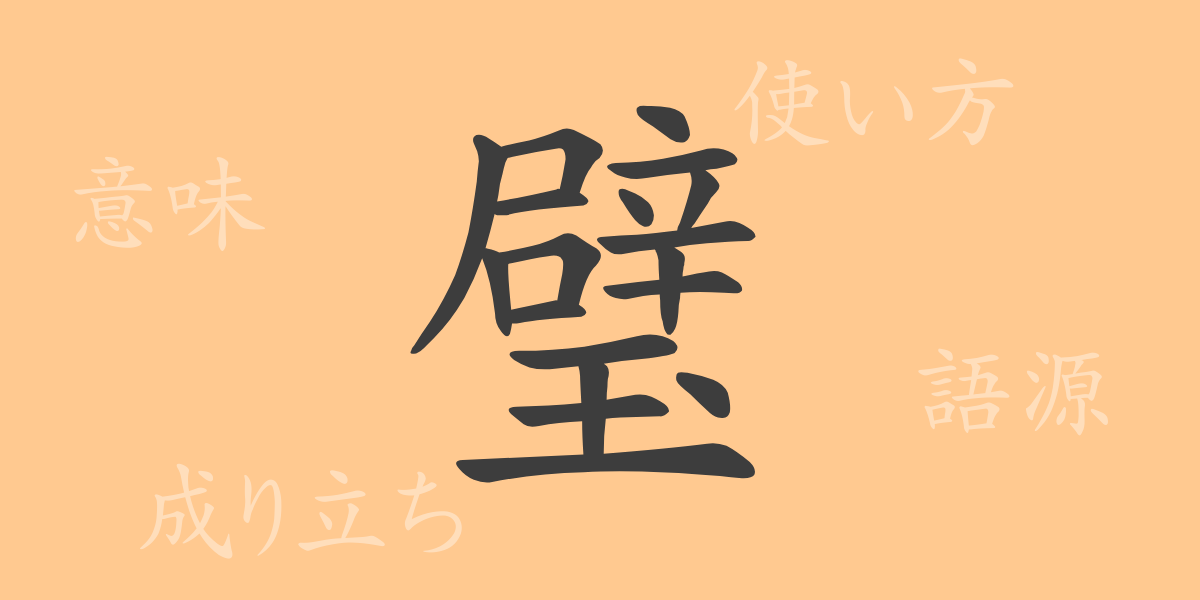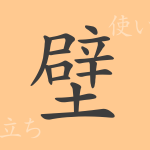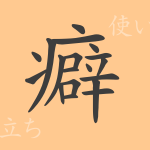In the Japanese language, there are numerous beautiful kanji characters, but among them, the character “璧(heki)” holds a special allure. This single character encompasses perfect beauty and value, reflecting the deep facets of Japanese culture. In this article, we will delve into the world of “璧(heki),” unraveling its origins, meanings, and usage to uncover the full scope of this kanji character.
The Origins of 璧(heki)
The kanji “璧(heki)” originally referred to a precious jade artifact crafted in ancient China. Etymologically, it comes from the treasure “玉璧(gyokuhen),” a circular jade piece with a hole in the center. This “玉璧(gyokuhen)” was used in ancient rituals and as gifts among nobility, symbolizing high value and aesthetic perfection. Over time, “璧(heki)” came to embody the meaning of perfection and flawlessness.
Meaning and Usage of 璧(heki)
In modern Japanese, “璧(heki)” is used to denote a state of flawlessness or perfection. Metaphorically, it is also used to signify something that is complete and lacks nothing. For instance, when evaluating a performance, saying “彼の演技は璧がない(kare no engi wa heki ga nai)” means that the performance is impeccable and without faults.
Reading, Stroke Count, and Radical of 璧(heki)
The kanji “璧(heki)” has the following characteristics:
- Reading: On’yomi (音読み) is “ヘキ(heki),” and there is no Kun’yomi (訓読み).
- Stroke count: 18 strokes
- Radical: 玉(たま・ぎょくへん)(tama/gyokuhen)
Idioms, Proverbs, and Expressions Using 璧(heki)
Some idioms, proverbs, and expressions that include “璧(heki)” are as follows:
- 完璧(かんぺき)(kanpeki): Meaning perfect and without flaws.
- 璧を返す(へきをかえす)(heki wo kaesu): Meaning to return something borrowed to its original state.
- While there are no specific proverbs involving “璧(heki),” it is used adjectivally as in “璧のような(heki no you na)” to describe something of very high value or perfection.
Summary of 璧(heki)
The kanji “璧(heki)” holds a unique place in the Japanese language, with its rich history, background, and meaning. Symbolizing perfect beauty and value, this character transcends its role as a word to convey cultural significance. Appearing in everyday idioms and expressions, “璧(heki)” deepens our appreciation of its meaning in our lives. When striving for perfection, envisioning this beautiful character can provide a hint in pursuing our ideals.

























